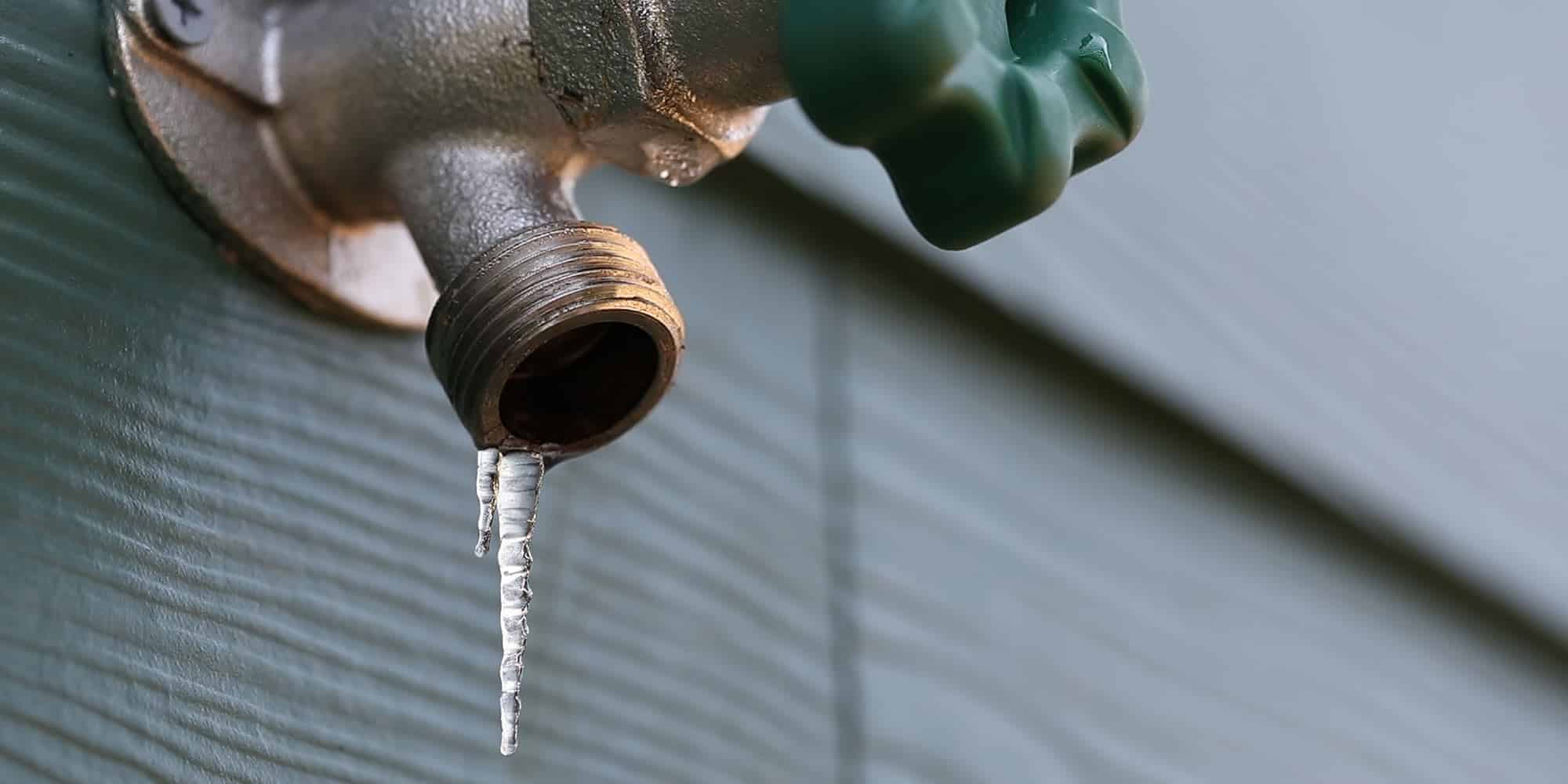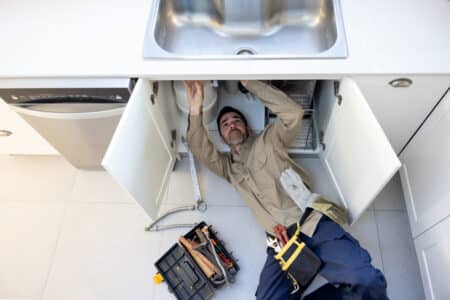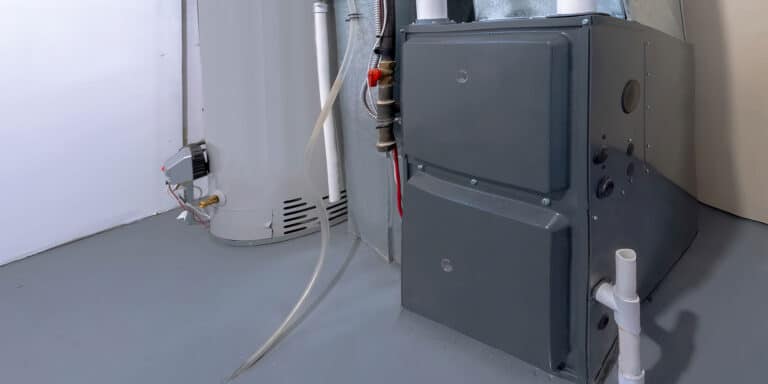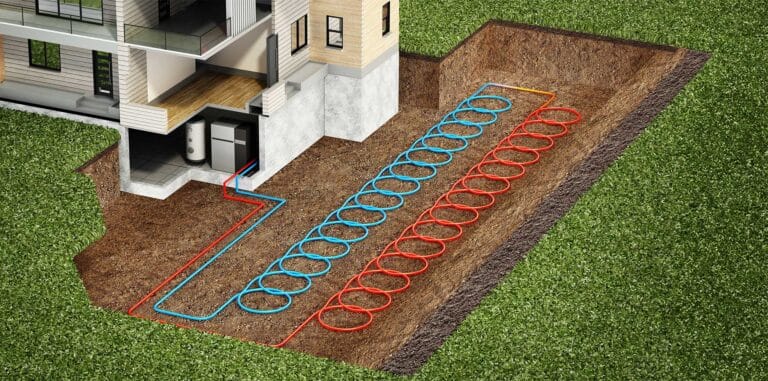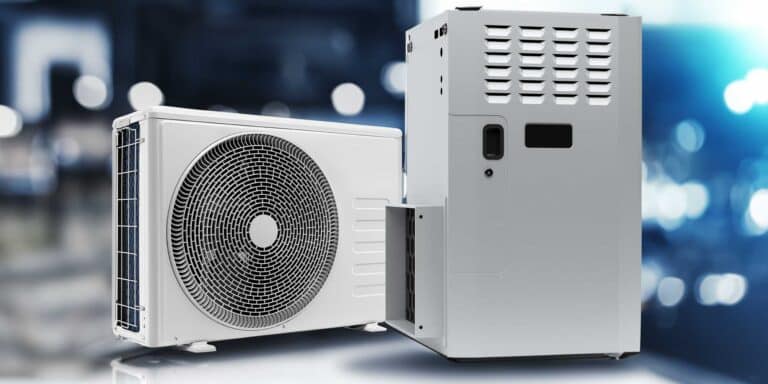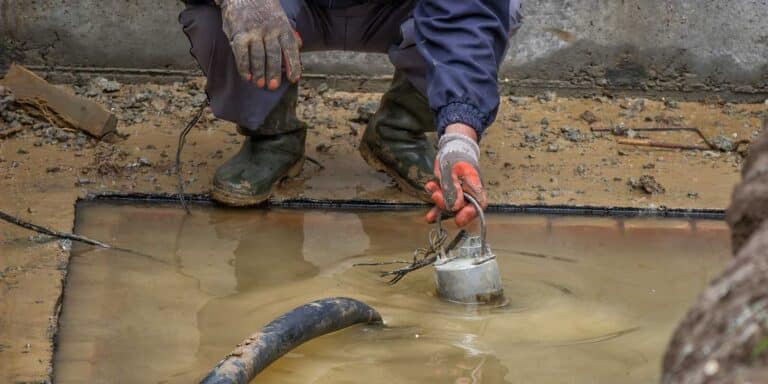Prepare your home for winter Before the Harsh Cold Hits
As temperatures drop in Idaho and Western Wyoming, it’s essential to prepare your home for winter by ensuring your plumbing and heating systems are ready for the colder months. Harsh cold weather can lead to frozen pipes, inefficient heating, and other costly issues if your home isn’t properly winterized. Whether you’re a long-time resident or new to the area, taking the following steps will help ensure your home stays safe and comfortable all winter long.
1. Insulate Your Pipes to Prevent Freezing
Frozen pipes are one of the biggest risks during winter. When water freezes, it expands, putting immense pressure on the pipes, which can lead to cracks or bursts. This can cause significant water damage and costly repairs.
To prevent this, insulate exposed pipes, especially those in unheated areas like basements, garages, and crawl spaces. Use pipe insulation or heating tape for added protection. For detailed instructions on winterizing your pipes, check out our previous post on the pipe winterizing process.
2. Schedule a Heating System Inspection
Before the cold weather hits, it’s important to ensure your heating system is in peak condition. A professional inspection can identify any issues that may reduce efficiency or lead to breakdowns when you need heat the most. Common signs that your heating system needs attention include unusual noises, inconsistent heating, or rising energy bills.
During an inspection, a licensed technician will:
- Check the furnace or boiler for potential issues
- Clean or replace filters to ensure proper airflow
- Test the thermostat for accuracy
- Inspect the ductwork for leaks that can reduce efficiency
If it’s been a while since your last inspection, now’s the time to schedule one to avoid a mid-winter emergency.
3. Protect Outdoor Faucets and Hoses
Outdoor faucets and hoses are highly vulnerable to freezing. Disconnect and drain garden hoses, then store them indoors for the winter. Cover outdoor faucets with insulated covers to protect them from the cold. If you have a shut-off valve for outdoor water, be sure to close it and drain any remaining water from the faucet to avoid freezing.
For added protection, consider installing frost-proof spigots or draining your sprinkler system if you have one.
4. Test Your Water Heater
During the winter, you’ll rely heavily on your water heater for hot showers, laundry, and dishes. To avoid an unexpected cold shower, check that your water heater is in good working order before winter sets in.
If your water heater is more than 10-15 years old, it may be time to consider a replacement. Signs that your water heater needs servicing include:
- Discolored or rusty water
- Strange noises from the tank
- Low water pressure or inconsistent temperatures
If your water heater isn’t functioning properly, a professional water heater inspection can identify whether a repair or replacement is needed before the cold weather puts additional strain on the system.
5. Check for Leaks
Even small leaks can cause big problems in the winter. Inspect your plumbing for leaks around faucets, under sinks, and along pipes. If you notice any leaks, have them repaired before freezing temperatures turn them into bigger issues. Leaks in exposed pipes are particularly dangerous because they can freeze and cause the pipes to burst, leading to flooding.
By taking these steps to winterize your home’s plumbing and heating systems, you can avoid costly repairs and enjoy peace of mind throughout the cold months. If you need help with any of these tasks, our team at Top Notch Heating and Plumbing is here to help. From pipe insulation to heating system inspections, we provide comprehensive services to keep your home safe and warm this winter. Contact our plumbing experts in Victor, ID, Jackson, WY, Driggs, Teton, ID, and surrounding areas. We are ready to help to prepare your home for winter.


